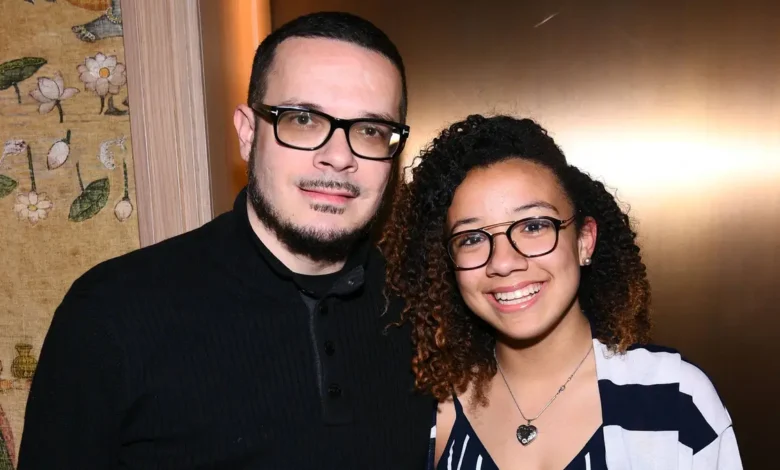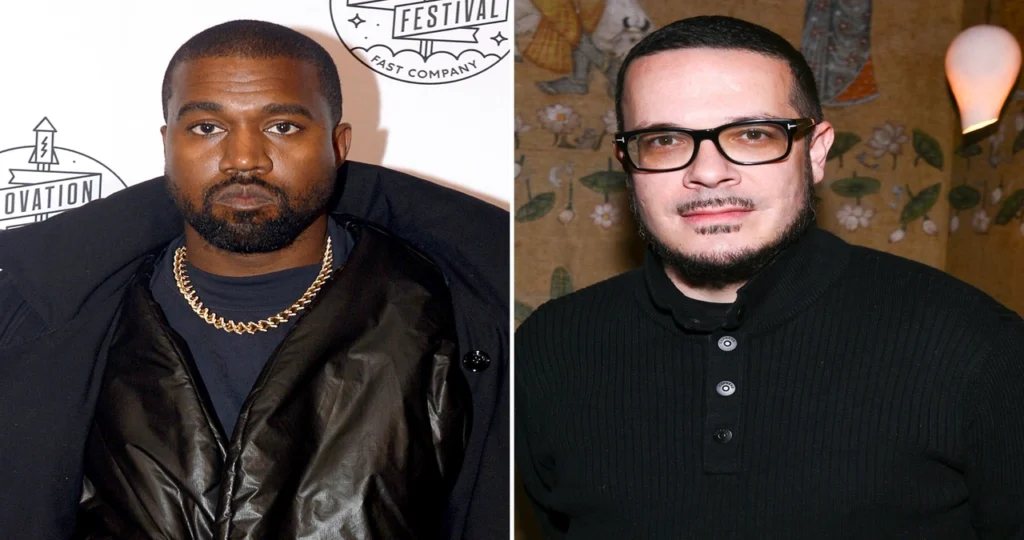Shaun King’s Background: The Role of Parental Heritage in Shaping His Activism

Shaun King is a well-known figure in modern activism, particularly within movements that address racial injustice and police brutality in the United States. His name is frequently associated with the Black Lives Matter movement, and his voice has been pivotal in bringing attention to numerous cases of injustice through social media platforms. However, King’s background, especially his parental heritage, has been a topic of interest and controversy, shedding light on how personal history can influence public activism.
Early Life and Family Background

Shaun King was born in Kentucky in 1979 and has often described his upbringing as turbulent. His mother was a working-class woman who struggled to make ends meet, and instances of hardship and financial instability marked his early life. The question of King’s racial identity has been discussed in public forums due to varying accounts of his father’s identity. King has stated that the man listed on his birth certificate is not his biological father and that his actual biological father is a light-skinned black man.
Parental Influence on King’s Activism
The complexities of King’s parental background are crucial in understanding his drive for activism. Growing up in Versailles, Kentucky, a place with a pronounced racial divide, King’s experiences of racial identity were nuanced from an early age. His awareness of racial issues and personal experiences with racial discrimination played a significant role in shaping his worldview.
Early Experiences of Racial Discrimination
King’s activism can be traced back to high school when he first spoke out against racial inequality. His engagement with racial issues deepened further during his college years at Morehouse College, a historically black men’s college in Atlanta, Georgia. These formative years were instrumental in developing his perspective on social justice and activism.
Influence of Maternal Support
Shaun King’s mother played a significant role in his life, instilling values of resilience and justice. Her encouragement and support were fundamental in his development as an activist. King often reflects on his mother’s influence in his writings and speeches, highlighting her role in his moral and ethical upbringing.
The Controversy Surrounding King’s Racial Identity
Shaun King’s racial identity has been a contentious issue, with various media outlets and public figures questioning his ancestry. This scrutiny has sparked discussions about race and identity in America, particularly about what it means to be authentically involved in movements predominantly associated with black communities.
Impact on His Activism
The controversy over King’s racial identity has both overshadowed and fueled his activism. It has brought additional attention to his efforts but has also required him to defend his identity and qualifications as a spokesperson for black rights. Despite the challenges, King uses the platform to highlight racial injustice further, turning personal attacks into opportunities for public discussion and awareness.
King’s Methods and Impact
Shaun King utilizes social media effectively to amplify issues that receive less attention in mainstream media. His approach to activism involves detailed storytelling, social engagement, and mobilizing his followers to participate in fundraising and legal support for victims of injustice.
Case Studies of Impact
- Justice for Tamir Rice: King was instrumental in reopening the investigation into the police shooting of 12-year-old Tamir Rice in Cleveland, Ohio.
- Support for Families: He has raised millions of dollars to support the families affected by police brutality and racially motivated violence.
Challenges and Criticisms
While Shaun King’s activism is celebrated by many, it is not without its critics. Some accuse him of financial mismanagement, while others question his motives and methods. King has addressed these criticisms by being transparent about his initiatives and the use of funds raised through his campaigns.
Conclusion: A Legacy in the Making
Shaun King’s background, particularly his complex parental heritage, is crucial in his activism. His experiences and family history have shaped him into a celebrated and criticized figure. As America grapples with race and justice issues, King’s activism remains relevant, demonstrating how personal history can inspire a lifelong commitment to fighting inequality.
This article provides a comprehensive look at how Shaun King’s parental heritage has influenced his activism, offering insights into his motivations and the challenges he faces as a public figure.
FAQS
Who is Shaun King?
Shaun King is an activist and writer known for his involvement in the Black Lives Matter movement and his advocacy against police brutality and racial injustice in the United States. He utilizes social media to highlight and address these issues.
What has made Shaun King’s racial identity controversial?
Shaun King’s racial identity has been a subject of public debate due to discrepancies between his statements and public records regarding his ancestry. Critics have questioned his claims of being biracial, while King asserts that the man listed on his birth certificate is not his biological father.
How has Shaun King’s parental heritage influenced his activism?
King’s parental heritage, particularly the influences from his mother and his experiences with racial identity in Kentucky, has profoundly impacted his perspective on social justice. His early encounters with racial discrimination fueled his commitment to activism.
What are some significant impacts of Shaun King’s activism?
Shaun King has been instrumental in bringing national attention to cases of racial injustice and police brutality. His efforts have helped reopen cases like the Tamir Rice case and raised substantial funds to support victims’ families.
How does Shaun King address criticisms and accusations against him?
Shaun King addresses criticisms and accusations, mainly regarding financial transparency, by providing detailed accounts of how funds raised through his campaigns are used. He engages directly with his critics through social media and articles, maintaining an open dialogue about his methods and intentions.


![Corrie Bird: How She Built Her Legacy in [Industry] Corrie Bird](https://magazineplus.co.uk/wp-content/uploads/2025/06/download-7-390x220.webp)


